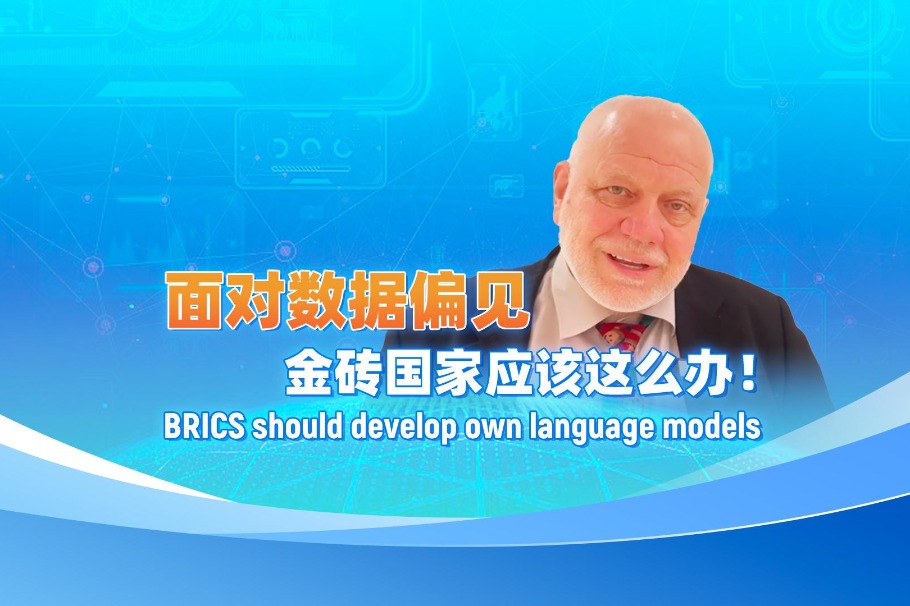Deeper reform drives modernization


Boosting total factor productivity
As China enters a new stage of economic development, rising factor costs and the aging population have become major challenges as have the restrictions imposed by advanced economies on the transfer of some core technologies to China. Hence, if China fails to significantly improve total factor productivity, its economic growth rate may further decline. Given these facts, the central government has stressed that cultivating new quality productive forces is necessary for promoting high-quality development.
New quality productive forces are fuelled by revolutionary breakthroughs in technology, novel allocations of factors of production, and transformation and upgrading of industries, with a significant increase in total factor productivity being its signature pursuit.
The ongoing technological revolution typified by green energy, AI and big data has created both opportunities and challenges. In the process of upgrading the Chinese economy, therefore, it is imperative to ensure the development of new quality productive forces.
China can be expected to take full advantage of its vast size, large population and dynamic market to promote zero-toone innovations while expediting the one-to-ten application of new technological breakthroughs, accelerating the pace of technological upgrading, and raising the production and innovation capacity in critical industries.
People-centered development
People-centric development is one of the basic principles driving Chinese modernization. The Party has made it clear that reforms should be people-centric and serve the people. At the third plenary session, a series of major policy reforms aimed at enhancing social equity, and improving the healthcare and social security systems and rural development programs are expected to be introduced, underscoring the Party's commitment to deliver social justice and maintain harmony, and to ensure the fruits of modernization and development are equitably distributed. This people-centric principle not only enhances social stability but also mobilizes public support for reform.
The world today faces many serious challenges including climate change and regional conflicts that can be effectively addressed only by improving global governance. As a rising global power, China has taken measures to reform the global economic governance system. By promoting multilateralism and offering ways to overcome the challenges, China's agenda for global governance aims to help build a fairer and harmonious international order.
Promoting new quality productive forces is necessary to pursue sustainable development, original and disruptive technological innovations are needed to drive new quality productive forces, while education remains the cornerstone of technological innovation.
So governments and educational departments at all levels should take steps to attract more talents, improve the curriculums, prioritize STEM(science, technology, engineering, mathematics) education, cultivate talents with interdisciplinary knowledge and an international outlook, and form a virtuous cycle of education, science, technology and talents, providing solid support for the development of the new quality productive forces.
The third plenary session will be the right moment to consolidate the achievements already made by China thanks to reform and opening-up, and to plan for future development.
Under the strong leadership of the Party, China is expected to build a high-level socialist market economy by 2035, with the socialist system with Chinese characteristics becoming even more prominent.
The author is president of the University of International Business and Economics. The views don't necessarily reflect those of China Daily.
If you have a specific expertise, or would like to share your thought about our stories, then send us your writings at opinion@chinadaily.com.cn, and comment@chinadaily.com.cn.

































